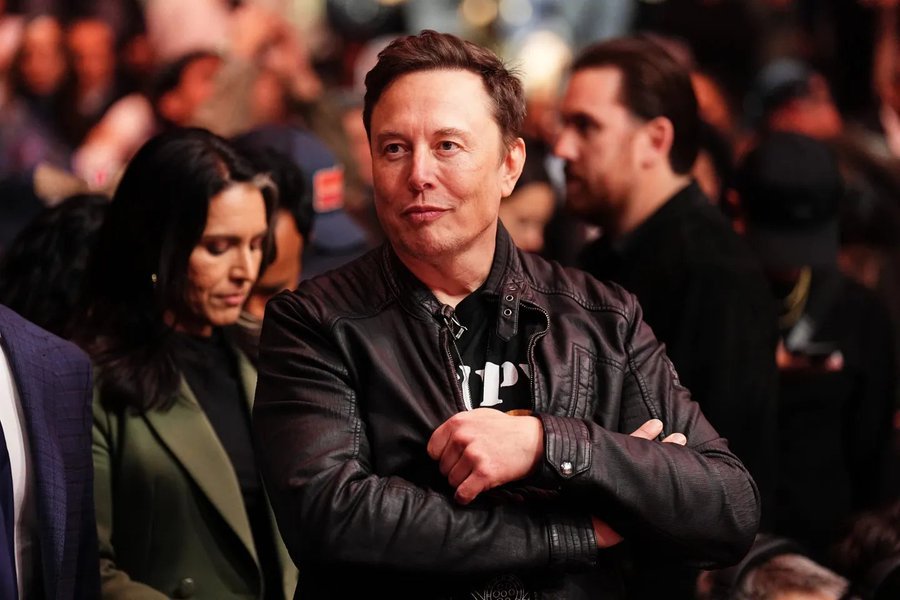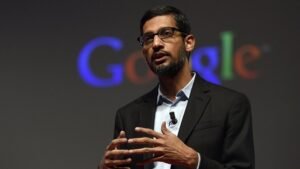
In a recent court ruling, Elon Musk achieved another significant victory against the Securities and Exchange Commission (SEC).
The case centers around Musk’s $44 billion takeover of Twitter, during which the SEC sought to impose sanctions for his alleged failure to attend a court-ordered deposition.
Judge Jacqueline Scott Corley presided over the case and determined that sanctions were unnecessary after examining the evidence presented.
The SEC had requested these sanctions following Musk’s missed deposition, which raised considerable concerns about compliance.
However, after Musk’s testimony on October 3, it was clear to the court that he had fulfilled his obligations.
Furthermore, Musk took steps to repay travel-related costs incurred by the SEC, totaling $2,923. This repayment undoubtedly contributed to the judge’s favorable ruling.
Thus, the court has set a precedent regarding how such cases might be handled in the future, particularly when it comes to balancing compliance with the SEC and the rights of individuals facing serious allegations.
This recent court victory reflects not just on Musk’s commitment but also on the legal complexities surrounding high-profile acquisitions.
As the case continues to evolve, it is essential to monitor its implications within the larger context of corporate regulations and investor protections.





